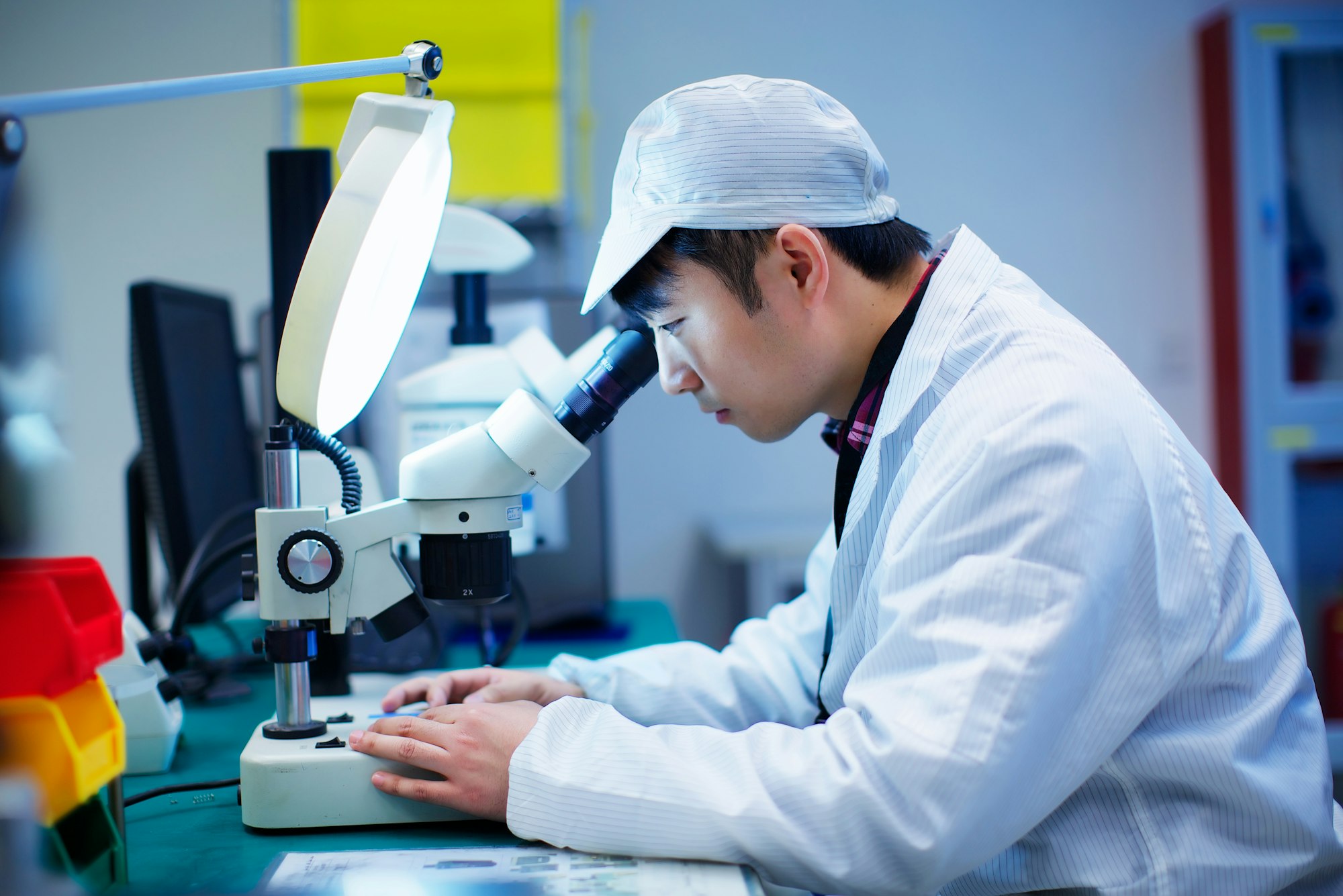Insider Brief
- China’s quantum sector faces critical challenges due to a shortage of elite talent and an internal culture of nei juan, or involution, which hampers long-term innovation, according to a story in the South China Morning Post (SCMP).
- Despite substantial investments and goals to lead globally by 2035, the nation’s research model prioritizes publication over practical skills, impacting the development of technical expertise essential for quantum computing.
- With mounting competition from the U.S. and external pressures like export controls, experts urge China to foster an environment that values skill-building over short-term achievements to ensure sustained growth in quantum technology.
China’s ambitions to lead the world in quantum computing face significant challenges as the country grapples with a lack of talent in the field and an innovation-stifling environment.
China’s quantum sector is hindered by a shortage of elite professionals and an internal culture that discourages creativity, warned Yu Dapeng, dean of the Shenzhen Institute of Quantum Science and Engineering at the Chinese Academy of Sciences, as reported in the South China Morning Post (SCMP).
This uncharacteristically self-critical assessment of the Chinese quantum ecosystem indicates that these hurdles may affect China’s ability to become a global quantum technology leader by 2035, one of the nation’s strategic goals. President Xi Jinping emphasized the need for rapid advancement in quantum technology, among other high-tech fields, to strengthen both economic and national security.

However, Yu notes that China’s quantum sector suffers from a “lack of ingenuity,” which, he argues, can be traced to the country’s research culture and talent cultivation practices. Speaking to Shanghai-based media outlet The Paper, Yu highlighted two main obstacles: limited emphasis on cultivating technical expertise and periodic surges in research activity that lead to what the Chinese refer to as nei juan, or involution — a state where competition becomes self-destructive as researchers focus on short-term gains rather than genuine innovation, according to the South China Morning Post.
“The appraisal system for China’s researchers used to focus on papers they published. The actual engineering and technological talent themselves were considered relatively unimportant,” said Yu, as reported in the SCMP.
Involution, as Yu describes it, drains resources without fostering meaningful progress. This problem isn’t new to China’s scientific community. Similar issues affected the country’s development in electron microscopy in the 1960s, a field that was nearly decimated by the disruptions of the Cultural Revolution.
The SCMP reports that this turmoil led to a massive exodus of researchers and stalled advances, with foreign scientists ultimately making Nobel Prize-winning contributions to the technology. China’s quantum sector, Yu warns, could face a similar fate if it does not prioritize genuine talent development over rapid output.
The quantum computing race is already fierce, with the United States and China competing alongside other global powers for supremacy in a field with transformative potential across sectors, including data security, artificial intelligence, and finance. In 2021, China became the third country to develop a full quantum computing system, after Canada and the United States, through the efforts of Origin Quantum, a startup based in Hefei. But while China has the resources, the South China Morning Post points out that the current talent pipeline and research culture may not be robust enough to sustain future advancements in this highly specialized and complex technology.
China’s traditional research model, which emphasizes publication output over practical engineering skills, has also contributed to the talent gap, according to Yu.
The SCMP reports that while this model has produced a wealth of academic papers, it has failed to equip researchers with the practical skills necessary for large-scale technological development, such as building and refining quantum systems.
Yu said, as reported in The SCMP: “We need talent from a wide variety of areas. They should be patient and try to establish expertise in their own areas, instead of rushing to sectors that are already heated.”
Unlike classical computing, quantum computing requires not just theoretical understanding but also practical experience with high-precision manufacturing and integration across an extensive supply chain, from materials science to cryogenics. Yu added that China’s industrial system suffers from an inability to fnd top-tier suppliers in each link of the long, highly complex supply chain required by the quantum computing sector. The ecosystem also requires intense collaboration in design, procurement and processing, SCMP reports.
The consequences of this lack of innovation are already visible in China’s renewable energy sector, where Yu notes that solar cell and lithium-ion battery manufacturers have fallen into the same cycle of undercutting each other instead of focusing on long-term, quality-driven advancements. The South China Morning Post draws parallels between this trend and the quantum sector, where a similar focus on short-term goals risks stalling genuine breakthroughs.
Addressing these issues is crucial if China is to maintain competitiveness with the U.S., which, according to SCMP, continues to ramp up its own quantum efforts. The U.S.’s recent export controls on semiconductor technologies have put additional pressure on China to strengthen its domestic capabilities. Yu suggest that without a shift in research and development strategies, these external pressures may compound existing internal issues.
China’s industrial quantum ambitions are not without support: the country has invested heavily in quantum technology, identifying it as an essential component of its national security and economic strategies.
But Yu and other experts see an urgent need to foster a more supportive ecosystem for talent, from robust education programs to industry collaborations that emphasize skill-building over competition for recognition.















